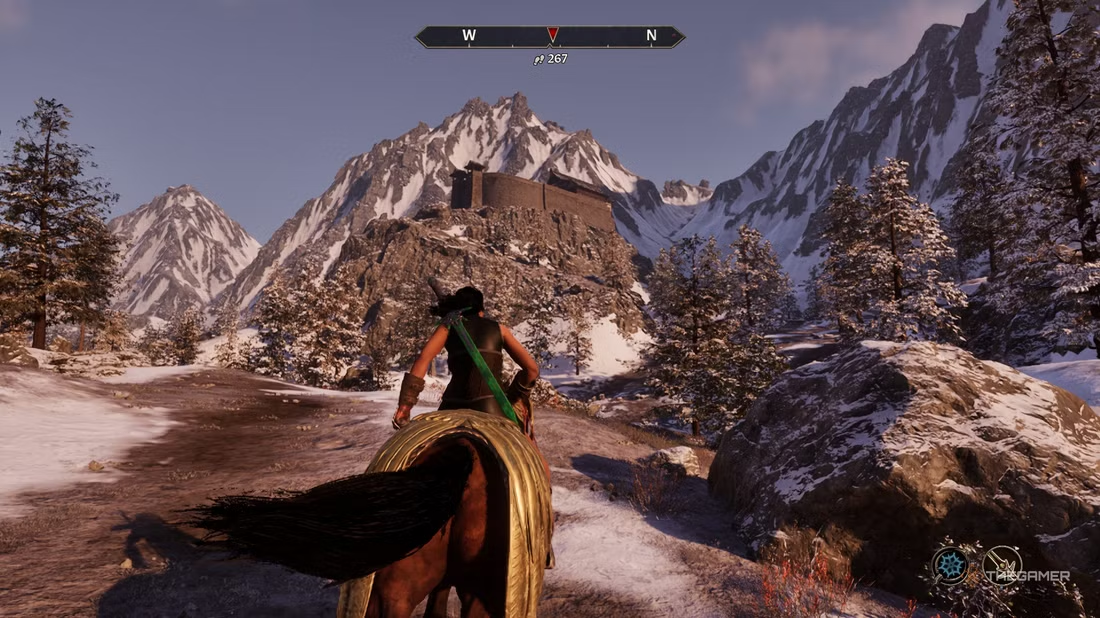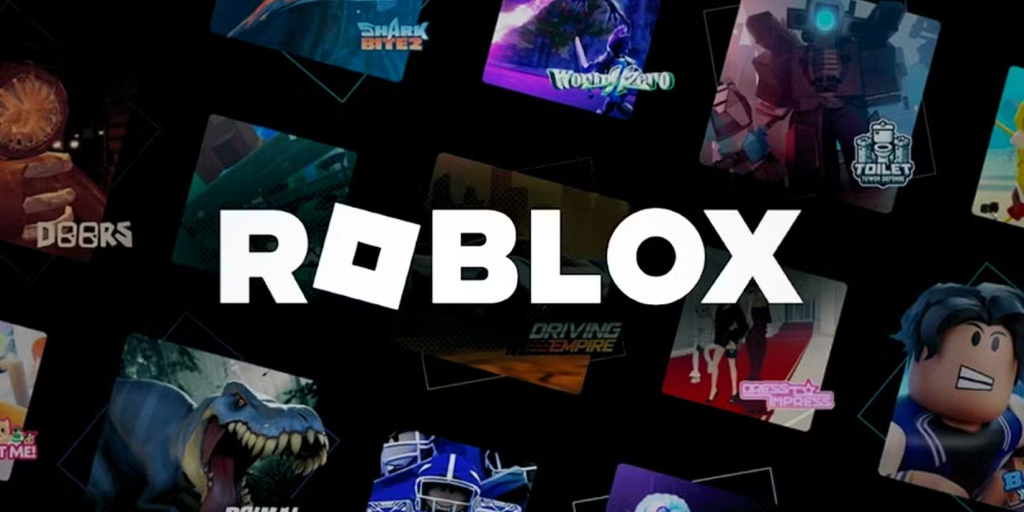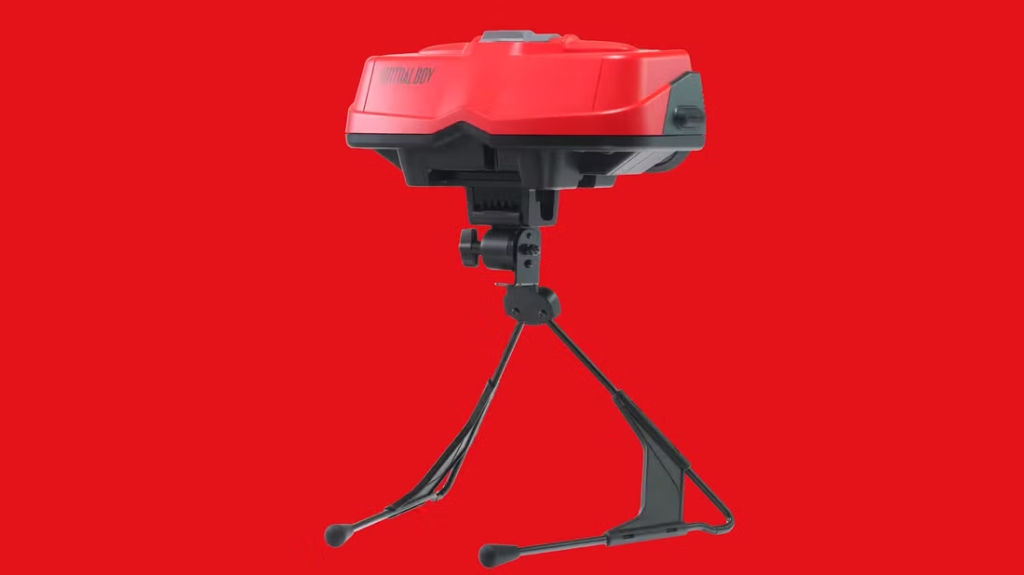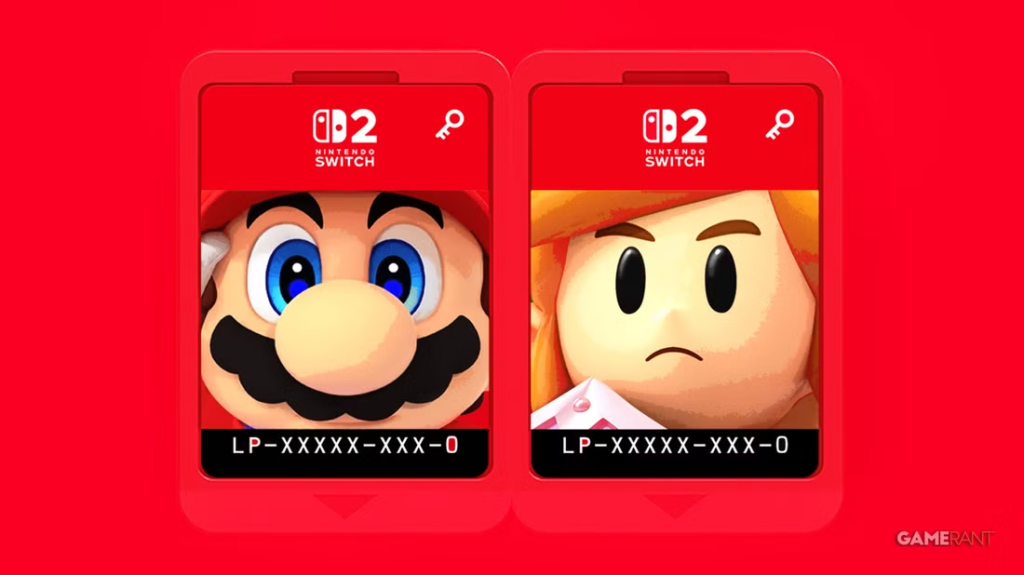Oblivion Remastered Faces Backlash Over PC Performance Despite Record-Breaking Launch
When The Elder Scrolls IV: Oblivion Remastered launched on April 22, 2025, anticipation was high. Developed by Virtuos in collaboration with Bethesda Game Studios, the remaster rebuilt the 2006 RPG in Unreal Engine 5, adding ray tracing, upgraded rendering, AI...
Đăng bởi:Ngân Anh | 08/09/25
When The Elder Scrolls IV: Oblivion Remastered launched on April 22, 2025, anticipation was high. Developed by Virtuos in collaboration with Bethesda Game Studios, the remaster rebuilt the 2006 RPG in Unreal Engine 5, adding ray tracing, upgraded rendering, AI improvements, a redesigned interface, and all downloadable content bundled in. The debut was an immediate commercial success, drawing four million players in its first week and surpassing nine million across Xbox Series X|S, PlayStation 5, and Windows PC within three months. On Steam, the game peaked at 216,000 concurrent players and became the top-selling title in the United States in April, outpacing the original release’s momentum by a wide margin.
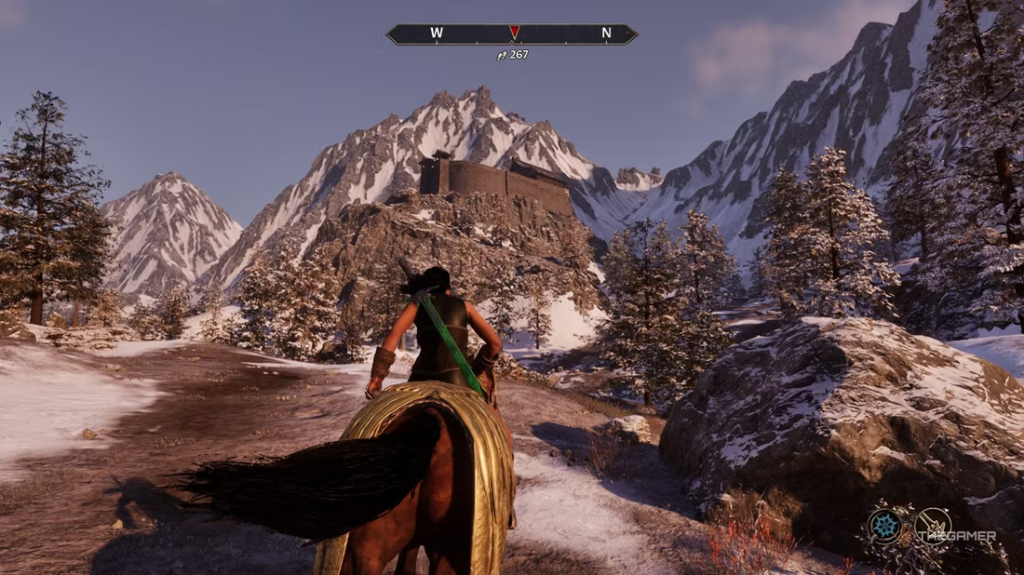
Yet the triumph has been overshadowed by widespread technical problems on PC. On Steam, only 60 percent of recent reviews are positive, leaving the game with a “Mixed” overall rating, while on the Xbox PC app, users have given it an average score of 3.2 out of 5. The most common complaints cite unstable frame rates, stuttering, frequent crashes, and heavy CPU usage, even on high-end hardware. Bethesda and Virtuos rolled out a 1.2 patch promising improvements to frame pacing and open-world stability, but players quickly reported that performance had, in some cases, worsened rather than improved.
Digital Foundry’s analysis echoed player frustrations, finding that frame times remained inconsistent and frame rates unreliable across both PC and console, despite official assurances. Testers described the results as “baffling and sad,” highlighting how visual and stability issues continued to plague the remaster months after release. Community reports back this up: areas with high NPC density, which previously ran at 50 to 75 frames per second, now dip to just 30 after the update. Others noted overheating CPUs and persistent crashes, sometimes requiring shader pre-compilation or even rolling back drivers to restore playability.
Some users have pointed to the remaster’s dual-engine structure, using Unreal Engine 5 for rendering while retaining the legacy Gamebryo engine for core logic, as a likely cause of its struggles. The hybrid system appears to introduce bottlenecks that lead to stutter-prone performance even on powerful machines. While a minority of players report smooth experiences, with uncapped frame rates reaching above 85 fps and only occasional crashes, these success stories remain exceptions rather than the rule.
The situation has been further complicated by an update for Xbox Game Pass that removed DLSS and FSR upscaling options, forcing the game to run at native resolution. This change made performance significantly worse on less powerful hardware, leaving players with limited options aside from unofficial workarounds.
Oblivion Remastered has proven that nostalgia and technical ambition can still drive extraordinary player engagement nearly two decades after the original release. But the gap between its commercial success and the reality of its unstable PC performance has left fans divided. Unless substantial fixes arrive, Bethesda risks seeing the remaster remembered less as a triumphant return and more as a cautionary tale about the pitfalls of modernizing a classic.

